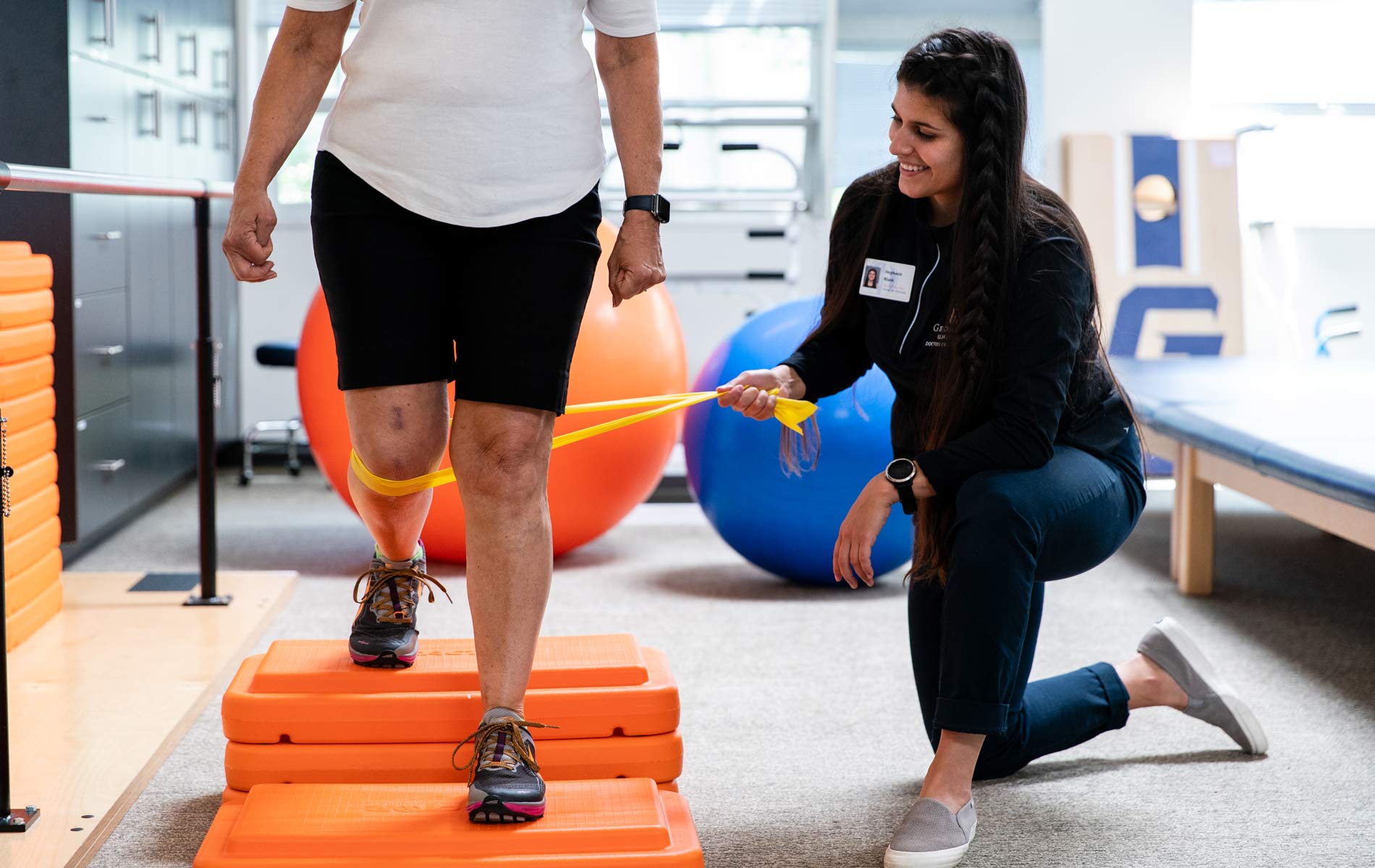Improving Rehabilitation Results Through Effective Practical Movement Assessment Protocols
Improving Rehabilitation Results Through Effective Practical Movement Assessment Protocols
Blog Article
Functional Mobility Screening (FMS) is a valuable instrument used to evaluate an person's movement patterns. This screening helps determine any deficiencies or discrepancies in the musculoskeletal system, which can lead to harm if not addressed. In rehabilitation settings, FMS can serve a crucial role in improving rehabilitation outcomes. By understanding how each individual moves, healthcare providers can design focused rehabilitation plans that focus on enhancing strength, mobility, and overall performance.
One of the main benefits of using FMS in recovery is its ability to identify specific aspects that need enhancement. For instance, if a client has difficulty with squatting or lunge movements, it may indicate a deficiency of mobility in their hip joints or ankle joints. This information allows clinicians to create customized exercise programs that emphasize addressing these shortcomings. As a result, patients are more likely to recover their strength and ability, which is crucial for returning to daily tasks or sports.
Incorporating efficient FMS protocols can also assist avoid future injuries. Many injuries happen due to poor movement patterns or excessive use of certain muscular clusters. By screening individuals before they begin a recovery program, clinicians can detect risks and implement approaches to minimize them. Informing patients about appropriate movement patterns and enhancing underdeveloped areas can lead to long-term advantages, ensuring that they remain active and fit.
Moreover, the use of FMS can improve dialogue between healthcare professionals and patients. When patients see their mobility patterns assessed and clarified, they gain a clearer comprehension of their recovery journey. This clarity fosters trust and motivates patients to take an engaged role in their recovery. By engaging patients in their recovery journey, they are more likely to adhere to recommended activities and lifestyle changes that support better results.
In conclusion, enhancing rehabilitation outcomes through efficient functional movement assessment protocols is essential for both clients and healthcare providers. By accurately evaluating movement mechanics, clinicians can create tailored recovery programs that meet specific needs. This not only facilitates in rehabilitation but also helps avoid future injuries. As patients become more engaged in their rehabilitation process, they visit the website are More Help likely to achieve their goals and sustain a healthy, engaged lifestyle.